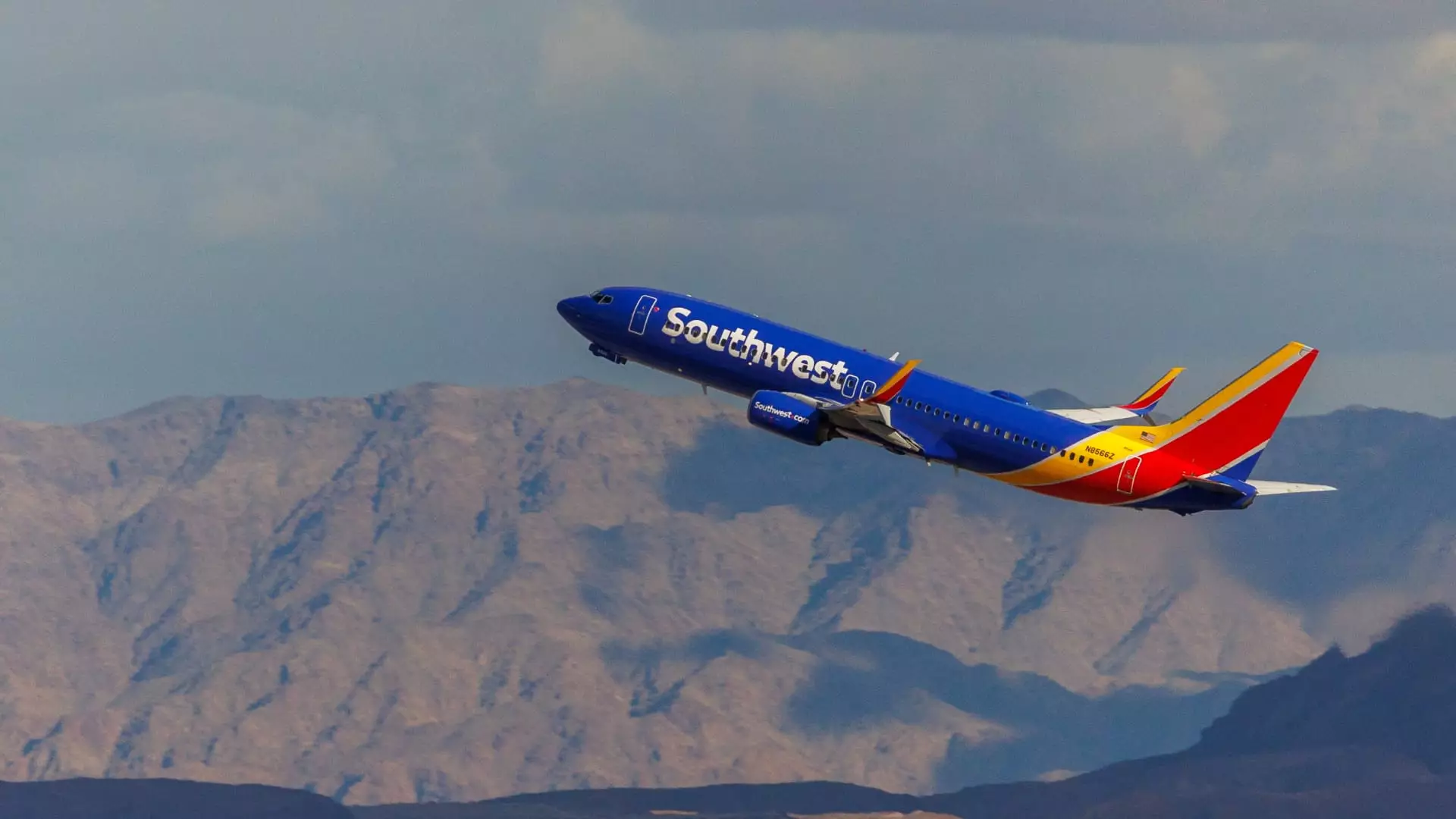Southwest Airlines, a company known for its open seating policy for over five decades, has announced significant changes to its business model. The airline plans to end open seating and introduce assigned seats and extra legroom options starting next year. The decision to move away from the open seating model comes after mounting pressure on the carrier to increase revenue and attract more customers.
Southwest executives cited customer preferences and changing travel patterns as key reasons behind the shift. CEO Bob Jordan highlighted the fact that customers are taking fewer short-haul trips and are opting for longer flights. As a result, the importance of having an assigned seat has increased. Additionally, Southwest aims to grow its market share, particularly with corporate business travelers, by offering a premium product with assigned seating and extra legroom.
Despite the changes to its seating policy, Southwest has no plans to alter its popular „bags fly free“ policy. Jordan underscored that this policy, along with fares and schedule, continues to be the main reason why customers choose Southwest over competitors. The airline’s commitment to providing value to its customers remains unwavering despite the shift in its business model.
Southwest’s decision to revamp its seating policy also coincides with investor pressure from Elliott Investment Management, which called for new leadership and strategic changes at the airline. While Southwest reported a decline in second-quarter profits, Jordan clarified that the seating changes had been in the works for almost a year and were not a direct response to Elliott’s demands. The company remains focused on implementing changes that align with its long-term growth strategy.
While Southwest did not disclose specific revenue projections for the new seating assignments and extra legroom options, executives anticipate generating over $1 billion annually from these ancillary products. The airline expects minimal additional capital expenditure since the changes primarily involve adjusting existing cabin layouts. Southwest aims to strike a balance between offering competitive pricing for extra legroom seats while maximizing revenue opportunities.
Analysts have criticized Southwest for being slow to adapt to industry trends, noting that rival carriers already offer a range of options to enhance customer experience, such as extra legroom seats, premium economy, and business class. While Southwest’s decision to end open seating marks a significant shift in its business model, the airline remains committed to providing value and convenience to its customers.
Southwest Airlines plans to provide more details about the upcoming changes at an investor day scheduled for the end of September. As the airline prepares to roll out its new seating policy and extra legroom options, it aims to strike a balance between meeting customer preferences, maximizing revenue, and maintaining its strong brand identity. The transition away from open seating signifies a new chapter for Southwest Airlines as it adapts to evolving market dynamics and strives to remain competitive in the aviation industry.


Napsat komentář